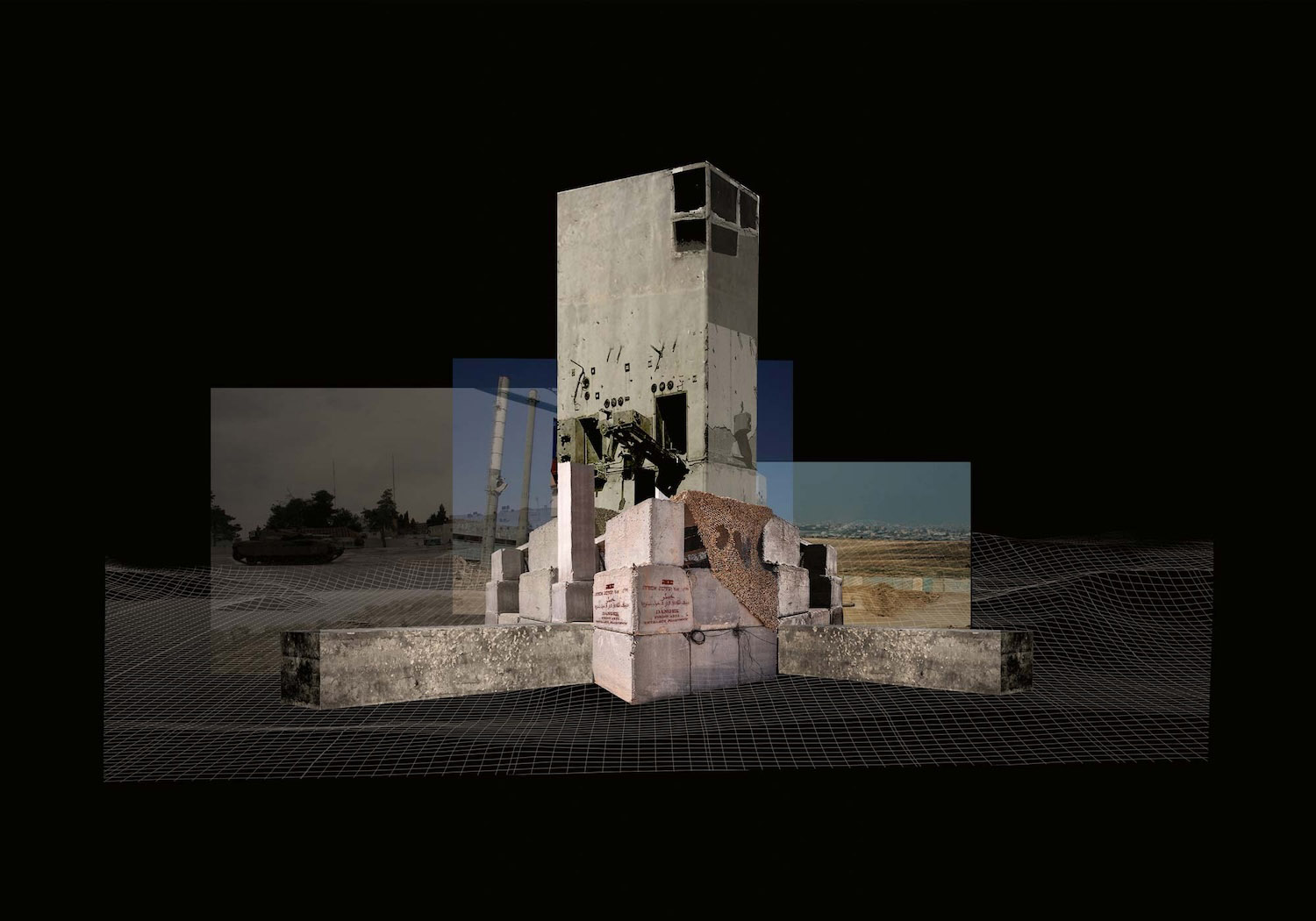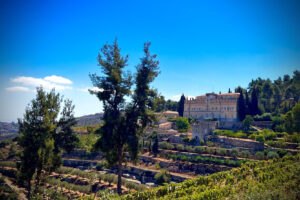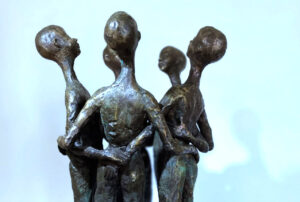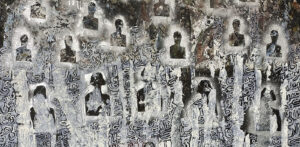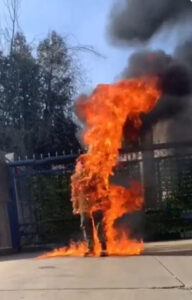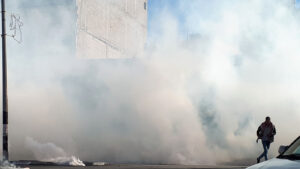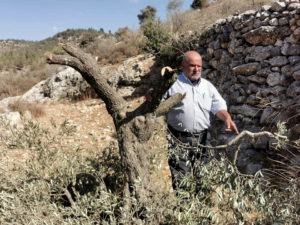The Markaz Review extends a warm welcome to author and commentator Amal Ghandour.
Her biweekly column, “This Arab Life,” will appear in The Markaz Review every second Friday, beginning today, the 10th of October, 2025. Amal Ghandour is the author of About This Man Called Ali, The Purple Life Of An Arab Artist, and the recent title This Arab Life: A Generation’s Journey Into Silence, which is a raw, personal and panoramic account of the Arab world that anticipates the region’s present-day chaos. She continues her meditations on the state of Arab life and the greater region as we find it today in her biweekly Substack column, syndicated in Arabic in Al Quds Al Arabi, a leading regional newspaper. She is a Lebanese-Jordanian author and blogger with a career that spans more than three decades in the fields of research, communication, and community development. Amal Ghandour will help us parse these Orwellian times from the perspective of an Arab writer living between Beirut, Amman and the west.
President Trump’s 20-point Peace Plan is being called all sorts of names, a few good, others bad, still others an interesting composite of both. Doubtless, as the days pass and developments begin to fill in the blanks that deliberately riddle the document, it will earn yet more praise and barbs.
Chutzpah, which I am sure is one of Israeli Prime Minister Bibi Netanyahu’s favorite words, sits well among the growing collection of adjectives, and is sure to outlast them all. Because this supposed blueprint for peace is at once a stark acknowledgment of the vast ground that Israel has lost everywhere since October 7 and a cheeky bid to neutralize the loss to the greatest degree possible where it counts most for the Jewish state: between the Mediterranean Sea and the Jordan River.
The audacity of the authors of the final text is easily detected in the total exclusion of Hamas from the negotiation process and the first point-cum-ultimatum that requires the movement to release all Israeli hostages within 72 hours of the proposal’s adoption, under the threat of the obliteration of Gaza itself – –or whatever remains of it. The rest of the articles, even where they seem to sway for the Palestinians, do so on behalf of a people present and yet silenced everywhere on the page. Hamas today in Cairo negotiates over the logistics of the implementation of this ultimatum, nothing more. Kept out of the serious talks, it is invited now to execute its terms.
It’s as if the Israeli-American duo wants to defy the march of history and turn back time and all the new tides with it. It’s not October 6 that they want to take us all back to, but the very early years of the struggle over Palestine, when Israel, in the aftermath of the 1948 Nakba, escaped the consequences of the ethnic cleansing of an estimated 750,000 Palestinians*, dictated the rhythms of life for colonizer and colonized, and set the rules of engagement between them for the next eighty years. Perhaps the most crucial of these rules is the one Israel was never quite able to fully impose on the Palestinians, for all its conquests and victories: submission to its diktats.
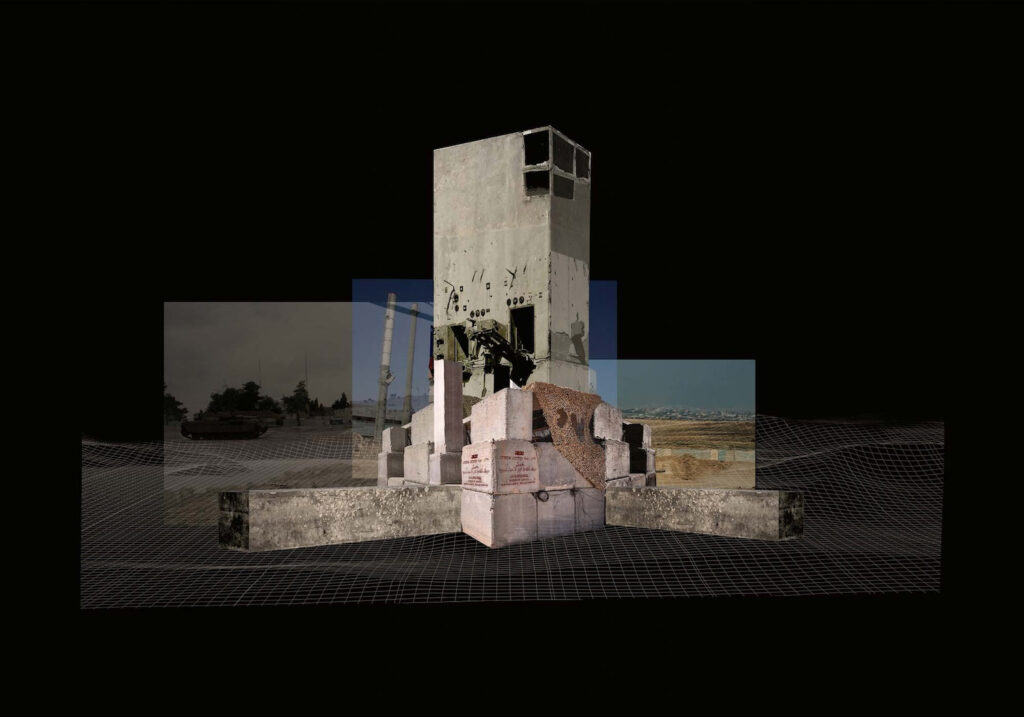
The Jewish state, now dubbed apartheidist, genocidal, and guilty of ethnic cleansing by every international body that counts, is understandably very anxious to safeguard the continuities of that history. It does so in the hope that the severe moral, political, and diplomatic ruptures of the past two years will somehow not snake through every fiber of the country. In such pursuit, it’s not necessarily aiming to win forgiveness for its war crimes today, much like it received it gratis in 1948, but to render them moot and therefore beside the point.
Simply put: through Trump’s deal, Israel is attempting to reimpose its dominance in a historical struggle over which it had lost control. In the words of Avraham Burg, one of its most repentant political luminaries, the so-called scheme for peace is a “cynical performance of power cloaked in humanitarian language, a colonial text in the age of public relations.”
Hence the dispatch of former British Prime Minister Tony Blair to the rescue in the guise of a modern-day British viceroy of Gaza. The imminent appointment of this veteran of colonialism’s worst latter-day productions in Iraq, a man whose nonexistent sense of irony is thankfully counterbalanced by his inexhaustible chutzpah, admittedly provokes an acute case of the giggles. But it does speak to the imperial spirit that runs through the letter of Trump’s plan. In the mindset of these antediluvians, empire in its crudest iteration, is always at its most vibrant in Israel-Palestine.
In 2003, in a seminal essay in the New York Review of Books, the late Tony Judt, renowned historian of modern European history and a leading American public intellectual, cast upon Israel a damning descriptor. He called it an anachronism. A self-consciously ethnonationalist polity created on the heels of World War II, Israel was in the genre of those European nation-states born of collapsed empires in the wake of World War I. It “imported a characteristically late-nineteenth century separatist project into a world that has moved on, a world of individual rights, open frontiers, and international law.”
The new Gaza peace plan, whose original framework was apparently retrofitted by Netanyahu, would itself also have to be an anachronism. The flailing international order may have given the Israeli prime minister, currently facing an ICC arrest warrant for war crimes, all the encouragement to snub it. More likely, he was just doing what has always come naturally to him, of course with considerable help from the US.
In either case, Netanyahu misinterprets the trends raging throughout the West, to which Israel has insistently attached itself. Judt’s verdict, 22 years after he issued it, is becoming received wisdom, and received wisdom is so very hard to overturn.
Which explains the fury at the plan’s presumption well outside the Middle East. Even mainstream Western analysts note the condescension that permeates its terms and conditions, even those aiming to protect the Palestinians of Gaza from expulsion and rejecting Israeli annexation of the strip “in whole or in part,” to borrow a phrase from the 1948 Genocide Convention.
Hamas, conspicuously alone, so far is reading the room rather well. It has accepted the roadmap and is delivering for Trump what he dearly wants most –– the fast-approaching release of the Israeli hostages –– while playing for time on all the other issues pertaining to the movement and the Palestinians. What awaits it and the people of Gaza, once this phase is implemented, is impossible to glean. What awaits the Israelis themselves, for that matter, is equally hard to predict.
In any event, Netanyahu may find extreme satisfaction in the way he has managed to retain for Israel the leeway it needs to sabotage the agreement, along with extracting the supposed terms of surrender he desperately wants in order to portray himself as the victor. Pointedly, nowhere in such satisfaction can the Israeli people even glimpse the liquidation of the Palestinian cause. A hard lesson they perhaps could afford to ignore in 1948 and for decades since. Not in 2025.
On Another Note
Recently, I have been following very closely the raging debates about the trajectory of the United States. Perhaps the most consequential of these is about whether the country is in the midst of a genuine constitutional crisis.
I found Foreign Policy’s Ravi Agrawal’s recent interview with historian and Harvard professor Jill Lepore one of the most illuminating on the subject. The US constitution is one of the most difficult constitutions to amend; in fact, it has not been changed since 1970. Given today’s polarization, the chances of altering it seem remote, and the repercussions for America’s sense of wellbeing are profound.
Lepore addresses the daunting challenges in her forthcoming book:
So, this book that I just finished and will be out sometime next year argues that we should be concerned that the liberal nation state no longer exists, that it has been replaced with what I call the artificial state in which public discourse is owned by multinational corporations and is predominantly populated by robots. Most social media, I think all social media platforms at this point are inverted, right? There are more bots than humans participating on them.
We have yielded the town square to robots owned by corporations whose objectives have nothing to do with democracy or constitutionalism, whose CEOs have no interest in what states are or could be, what democracy means or ought to mean, how to preserve it, why it matters.
Watch or listen to the interview here!
* The number of Palestinian refugees in the world today is estimated to be some 9 million, while the total number of Palestinians in exile is 15 million, according to the Palestinian Central Bureau of Statistics.
Opinions published in The Markaz Review reflect the perspective of their authors and do not necessarily represent TMR.



